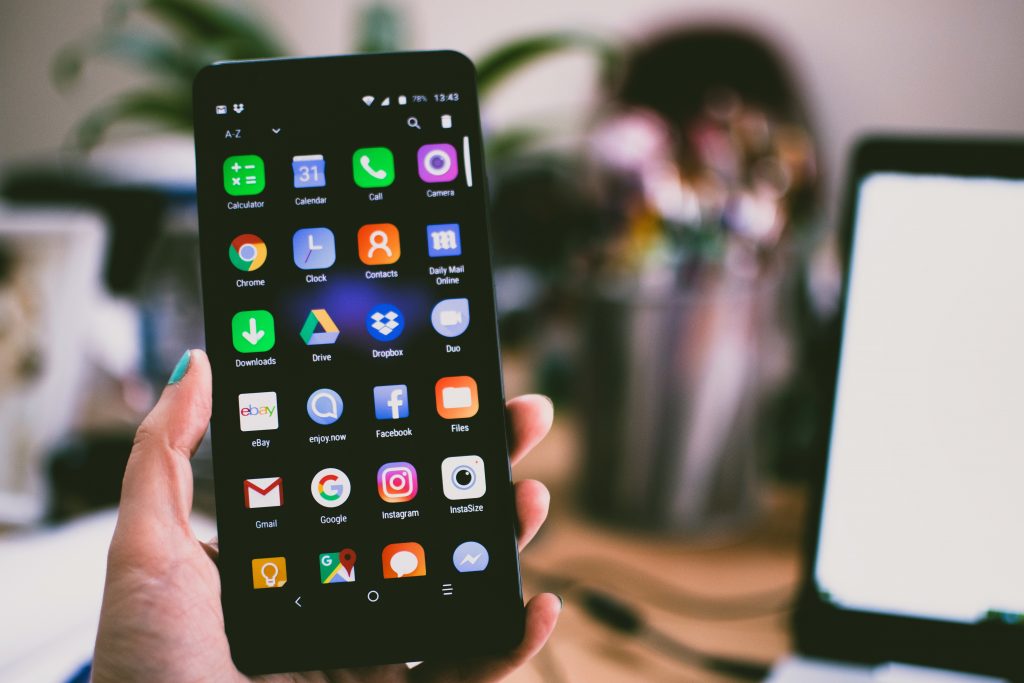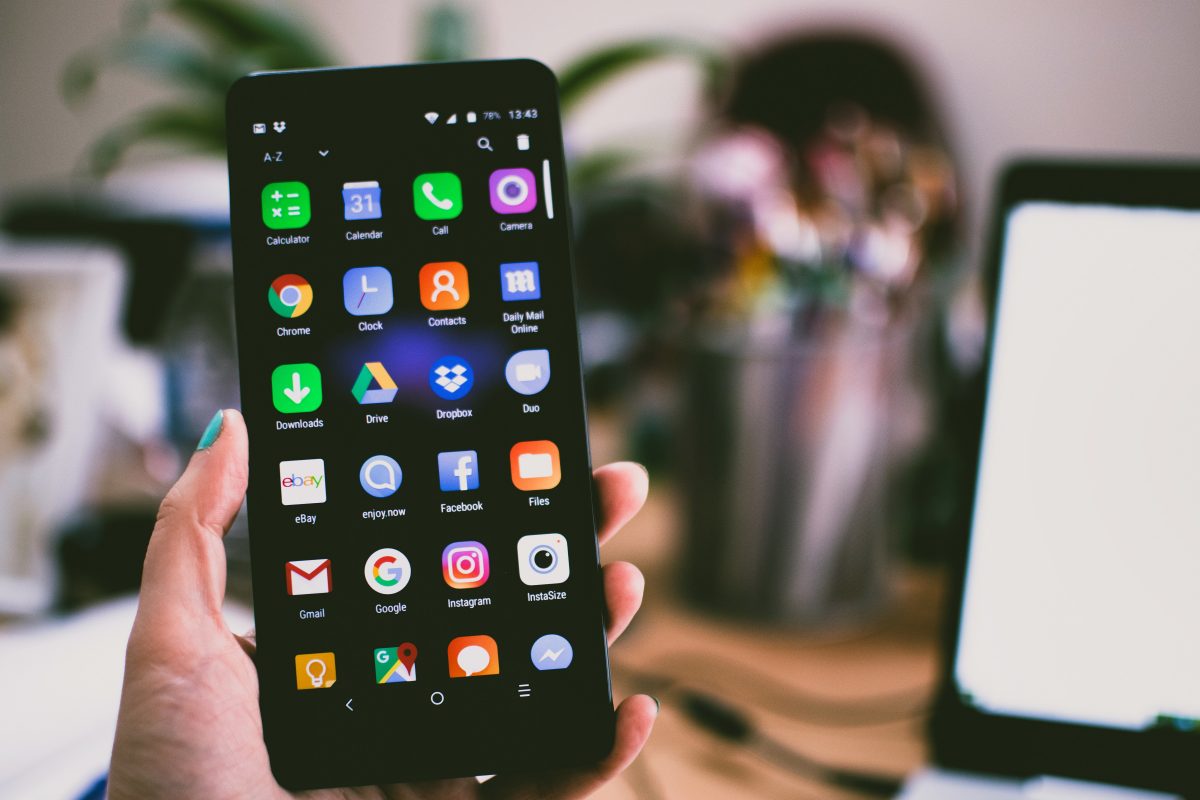 Your smartphone within reach, even when it’s off, can significantly affect your cognitive capacity, a study from the University of Texas at Austin has been quick to warn in 2017.
Your smartphone within reach, even when it’s off, can significantly affect your cognitive capacity, a study from the University of Texas at Austin has been quick to warn in 2017.
In an experiment that involved almost 800 smartphone users, McCombs Assistant Professor Adrian Ward and other researchers in the team tried to measure how well people can accomplish their tasks when their smartphones are nearby — even though they’re not texting or using their reliable phone.
Study Details: Your Phone Slashes Your Cognitive Resources
Let’s have a look at one of the experiments they conducted.
Participants were asked to sit at a computer and take a series of tests requiring their full concentration so they can score well. The tests were positioned to measure available cognitive ability, or the brain’s capacity for data storage and processing at a given time.
Prior to the tests, however, they were randomly asked to put their smartphones either face down on their desk, in their bag or pocket, or in a separate room. All phones were put on silent.
The finding: participants with their phones placed in another room notably outperformed their peers who had their phones on their desk. They also slightly outperformed subjects who kept their phones in their pocket or bag.
The team concluded that the mere presence of a phone reduced people’s available cognitive capacity as well as impaired their cognitive function, even though they felt they were allotting their full focus and attention to their current task. They pointed to “a linear trend” suggesting that as smartphones became more visible, subjects’ limited cognitive resources dwindled, which they dubbed “brain drain.”
Other experiments conducted by the group showed that the position of the smartphone, whether it was turned on or off, or whether it was lying face up or down was irrelevant; as long as it’s within view or easy reach, it can hamper the ability to focus on or perform tasks. What happened was part of the brain was actively deliberating whether to pick up or use the phone.
How to Break Smartphone Addiction and ‘Unbreak’ Your Brain
There are subtle to obvious signs of smartphone addiction. These include trouble completing tasks at home or work, social isolation, having a fear of missing out (FOMO), sneaking off to somewhere to use your phone, and feeling anxious or dreadful of leaving your smartphone at home.
There are many several ways that scientists and researchers are trying to break patterns of phone addiction for the benefit and wellness of the brain.
There are programs that focus on addressing the root causes of smartphone addiction, including the emotional triggers that cause you to always reach for your phone in the first place. For these programs, it’s not really about getting off the internet or social media; they still allow the use of social platforms such as Facebook and Instagram. The difference is “unlatching” the brain from the destructive routines have imbibed around the mobile device. Next it hooks the brain to better habits and things.
Simple and practical brain hacks also exist to help break addictive smartphone use behaviors. Here are some of them:
- Build strong coping skills. Might you be texting, vlogging too much, or tweeting as a way to cope with your anger or depression? Are they your way of escaping the need to relate or communicate with others? Gradually build your coping skills to weather life’s stresses other than depending on your phone.
- Address underlying issues that may be supporting the compulsive phone behavior, such as alcohol or drug use in the past.
- Seek professional help. Cognitive-behavioral therapy, for instance, offers a step-by-step program to stop compulsive attitudes and change the way you see your smartphone. Therapy can also help you cope well with emotions that may be triggering too much smartphone use.
- Recognize what’s triggering the behavior. Is it sadness or boredom? Are you anxious or stressed out? Excess smartphone use is likely a band-aid solution to soothing bad moods or emotional conditions. Manage your mood through exercise, relaxation methods, and even a cognitive supplement that contain herbs and nutrients to balance and uplift mood.
Create “phone-free” zones in your life. Restrict your use of your phone or tablet to a specific area of the house. Limit your online time. Ban your phone from the dinner table and bedroom if possible.

